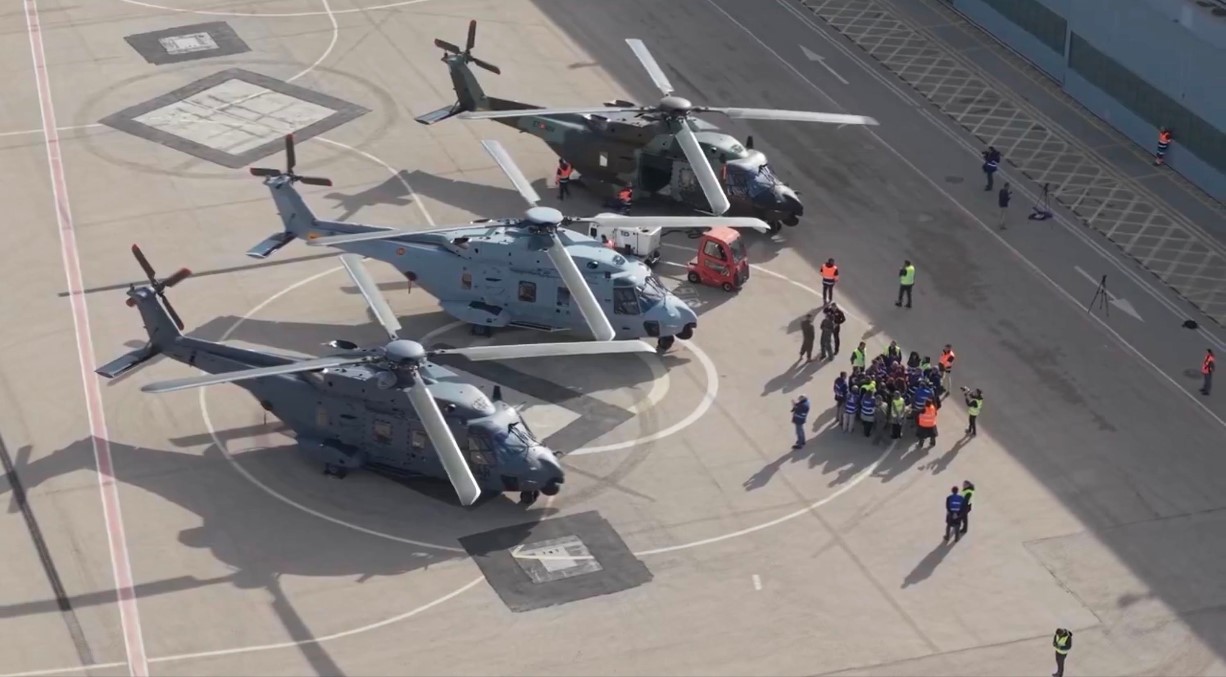US Army Urged to Equip Soldiers for Jungle Warfare Amid Rising Indo-Pacific Threats: Lessons from History

U.S
Explore the critical lessons from World War II's New Guinea Campaign in Maj. Karl Rauch's paper, highlighting the imperative need for specialized jungle warfare training as Indo-Pacific threats escalate.
In a world where the Indo-Pacific region is witnessing escalating threats, the importance of preparing soldiers for the rigors of jungle warfare cannot be overstated. A recent paper published by the Association of the US Army (AUSA), authored by Maj. Karl Rauch, sheds light on the imperative need to equip military personnel with specialized training tailored to the unique demands of tropical environments.
Titled "Welcome (Back) to the Jungle," the paper draws parallels from the experiences of World War II, particularly the New Guinea Campaign, to underscore the critical importance of adequate preparation for jungle warfare. Rauch emphasizes that the jungle presents a formidable challenge, unlike any other geographic terrain. Its dense vegetation, harsh weather conditions, and heightened risk of disease make it an unforgiving battleground.
The New Guinea Campaign serves as a poignant reminder of the perils of entering the jungle unprepared. The US 32nd Infantry Division, lacking in specialized training for jungle warfare, faced arduous trials as they navigated through the unforgiving terrain. Despite the formidable obstacles, Lt. Gen. Robert Eichelberger's leadership ultimately led to the division's triumph, marking a significant victory in the war.
Rauch's analysis underscores the pivotal role of training and preparation in ensuring success in jungle warfare. He emphasizes that technological advancements alone are insufficient to overcome the challenges posed by the jungle. Rather, a deep understanding of the environment coupled with specialized training is essential for soldiers to effectively operate within its confines.
Moreover, Rauch suggests that the lessons gleaned from past campaigns hold relevance for contemporary military strategies. The experiences of the New Guinea Campaign highlight the critical importance of regional knowledge and experience in jungle warfare. By learning from historical precedents, today's soldiers can better prepare themselves for the challenges that lie ahead.
In conclusion, Maj. Karl Rauch's paper serves as a clarion call for prioritizing specialized training in jungle warfare for military personnel. As threats in the Indo-Pacific region continue to evolve, it is imperative that soldiers are equipped with the necessary skills and knowledge to navigate the complexities of the jungle environment. By heeding the lessons of history, we can better prepare our soldiers for the relentless challenges of modern warfare.


